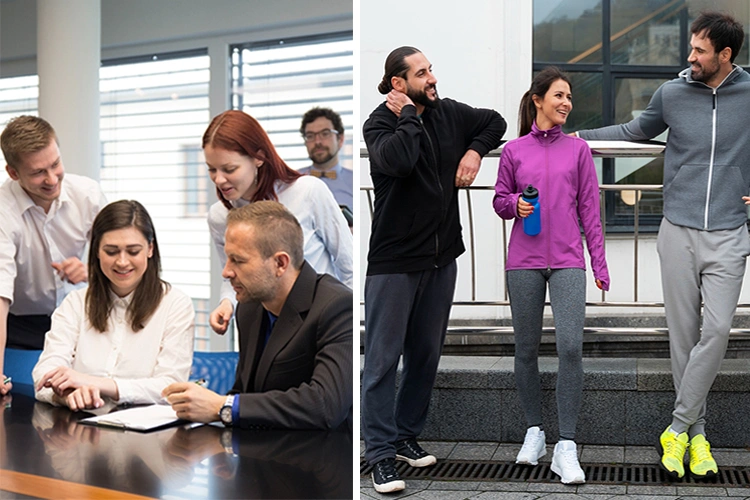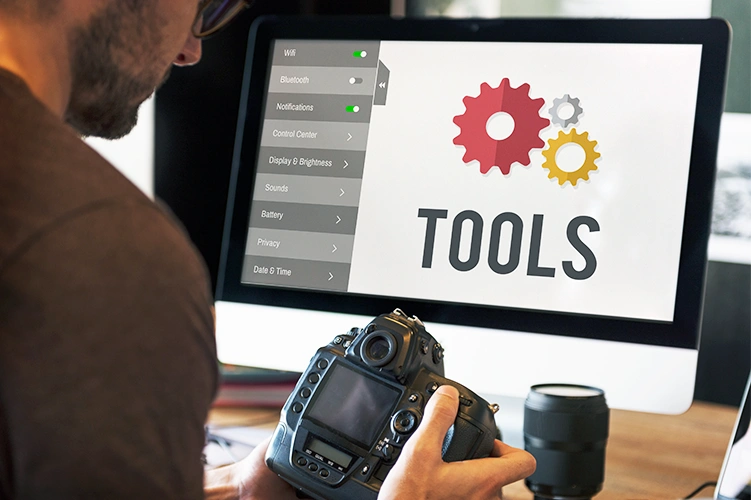Mental coaching for both athletes and executives shares several key principles
Mental coaching for executives is a tailored approach designed to help leaders enhance their performance, decision-making, and overall well-being. It focuses on cultivating mental resilience, emotional intelligence, and leadership skills in high-stress environments.

Here are some of the key components of mental coaching for executives:

1. Leadership and Decision-Making
- Cognitive clarity: Helping executives maintain clear thinking under pressure, which is critical when making fast, high-stakes decisions.
- Strategic foresight: Developing the ability to anticipate challenges and think through multiple outcomes before making decisions.

2. Emotional Intelligence (EI)
- Self-awareness: Helping leaders understand their own emotions and how those emotions influence their behavior and decisions.
- Self-regulation: Training executives to stay calm and composed in the face of challenges, which fosters more effective leadership.
- Empathy: Understanding the needs, concerns, and motivations of others, which is key for effective communication and team management.

3. Stress Management & Resilience
- Coping mechanisms: Teaching methods to reduce stress, such as mindfulness, breathing exercises, and time management skills.
- Building resilience: Developing mental toughness to bounce back from setbacks and stay focused on long-term goals.

4. Mindset Shifts
- Growth mindset: Encouraging executives to embrace challenges, learn from mistakes, and continue developing their skills.
- Positive reframing: Shifting focus from problems to solutions, helping leaders maintain a sense of control and optimism.

5. Performance Enhancement
- Focus and concentration: Techniques to improve attention and maintain focus in complex or high-pressure situations.
- Visualization: Using mental imagery to envision successful outcomes, which has been shown to enhance performance.

6. Work-Life Balance
- Personal well-being: Helping executives set boundaries between work and personal life to avoid burnout and maintain overall well-being.
- Time management: Prioritizing tasks and learning how to delegate effectively to free up time for personal development.

7. Team Dynamics and Communication
- Conflict resolution: Training in navigating interpersonal dynamics and resolving conflicts to maintain a harmonious work environment.
- Effective communication: Enhancing leaders’ ability to articulate ideas clearly, listen actively, and foster collaboration.

Tools & Techniques Often Used:
- Coaching frameworks: Like GROW (Goal, Reality, Options, Will) or SMART (Specific, Measurable, Achievable, Relevant, Time-bound) to structure coaching sessions.
- Cognitive Behavioral Techniques (CBT): To identify and challenge limiting beliefs or thought patterns.
- Mindfulness and Meditation: To help reduce stress and improve focus.
Why It’s Important:
Executives often face intense pressure, difficult decisions, and constant demands. Mental coaching helps them optimize performance, maintain clarity, and avoid burnout. By developing mental and emotional strengths, they can lead more effectively, inspire their teams, and sustain long-term success.
Do you have specific areas you’re interested in improving or exploring in executive coaching?
Mental coaching for executives is a tailored approach designed to help leaders enhance their performance
Mental coaching for both athletes and executives shares several key principles, even though their respective environments and goals differ.

Here are the main similarities:

1. Focus on Performance
- Athletes and executives alike aim to perform at their peak. Mental coaching helps both groups identify mental blocks and enhance their performance under pressure. Whether it’s on the field or in the boardroom, the goal is to achieve consistent excellence.

2. Goal Setting
- Both athletes and executives need clear, measurable, and actionable goals. Mental coaching involves helping individuals set realistic goals, break them down into smaller steps, and stay motivated throughout the process.

3. Resilience and Stress Management
- Both environments involve high levels of stress and pressure, whether it’s an athlete performing in front of a crowd or an executive making critical decisions under tight deadlines. Mental coaching emphasizes resilience, helping individuals stay calm, focused, and composed in high-pressure situations.

4. Mental Toughness
- Whether in sports or business, mental toughness is crucial. Both athletes and executives face setbacks—whether it’s a loss on the field or a business failure—and need to develop the ability to bounce back, stay positive, and continue pushing forward.

5. Visualization and Mental Rehearsal
- Athletes use visualization to prepare for competitions, imagining every move or play. Similarly, executives can use visualization techniques to mentally rehearse presentations, meetings, or negotiations. The idea is to enhance performance by mentally preparing for success in advance.

6. Self-Confidence
- Confidence is key in both contexts. Mental coaching helps individuals develop self-belief, whether it’s about executing a perfect dive or pitching an idea to the board. Cultivating self-confidence helps athletes and executives trust their skills and decision-making abilities.

7. Mindfulness and Focus
- Mental coaching often incorporates mindfulness techniques to help individuals stay in the present moment. For athletes, this may involve being fully focused during a game, while for executives, it might mean staying present during meetings or while managing multiple tasks.

8. Managing Internal Dialogue
- Negative self-talk can undermine both athletic and professional performance. Mental coaching helps both groups recognize and reframe negative thoughts, replacing them with constructive, positive affirmations that promote focus and productivity.

9. Team Dynamics and Leadership
- Athletes and executives both operate in team settings where leadership, communication, and collaboration are crucial. Mental coaching helps individuals build effective leadership skills, whether leading a team of athletes or managing a corporate team, fostering trust, collaboration, and unity.

10. Emotional Control
- Emotional regulation is key for both groups. Whether an athlete needs to control frustration after a mistake or an executive needs to manage emotions during a tough negotiation, mental coaching helps develop emotional intelligence to maintain control and stay productive.
Ultimately, mental coaching for athletes and executives is about optimizing the mental aspect of performance, helping individuals stay focused, motivated, and resilient in the face of challenges. The specific techniques might differ slightly based on context, but the core principles remain largely the same.
Connect With Us
Lorem ipsum dolor sit amet, consectetur adipiscing elit. Ut elit tellus, luctus nec ullamcorper mattis, pulvinar dapibus leo. Lorem ipsum dolor sit amet, consectetur adipiscing elit. Ut elit tellus, luctus nec ullamcorper mattis, pulvinar dapibus leo.
